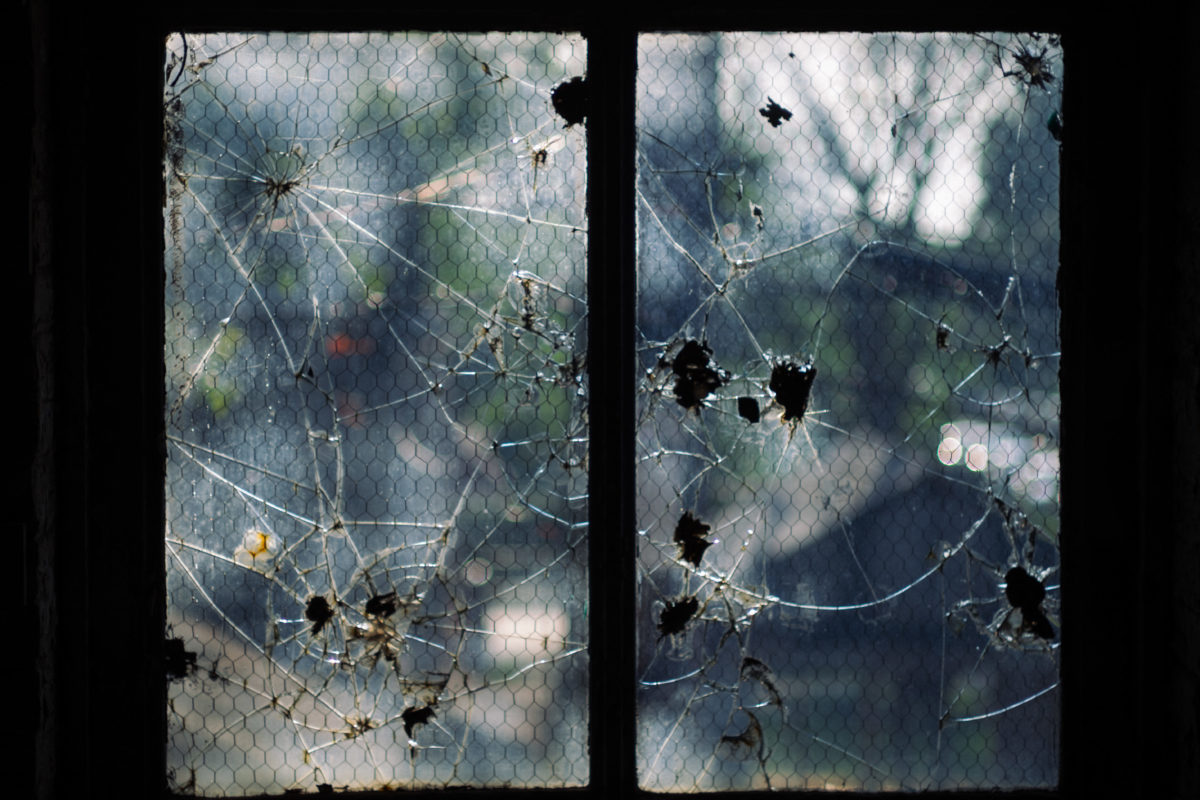Wealth & Poverty Review Crimes of Survival
A new trend in criminal-justice reform rationalizes stealing. Originally published at City JournalThe latest fad in criminal-justice activism is the concept of “survival crime.”
The theory holds that the homeless, the poor, and people of color commit property crimes and low-level infractions in order to secure their basic survival. Any enforcement of these laws is thus a violation of their basic human rights and should be relaxed—that is, local governments should stop enforcing any laws that “criminalize homelessness” and “criminalize poverty.”
Survival crime theory is the flipside of Broken Windows theory. They deal with the same class of offenses—mainly property crime, drug possession, and public nuisances—in precisely the opposite way. Broken Windows theory argues that everyone is responsible for their own behavior and that, if we permit low-level crimes, it will lead to a general breakdown in law and order. Survival-crime theory, by contrast, argues that local governments should decriminalize these offenses because vulnerable individuals have been compelled by social conditions to commit them.
Continue Reading at City Journal
